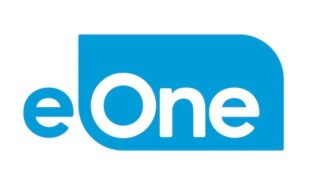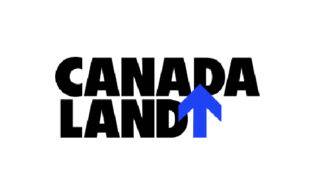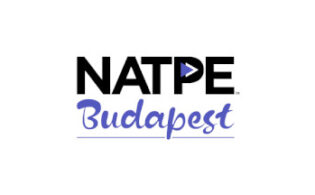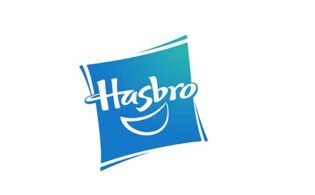 As the president of international distribution at Entertainment One, Stuart Baxter leads a team that is bringing the company’s deep slate of content to platforms across the globe, from the ABC procedural The Rookie to the buzzy third-party doc Fyre Fraud. He is also involved in the company’s co-production initiatives as it expands its portfolio of scripted series developed outside of North America. Baxter tells World Screen about his approach to windowing and attracting talent.
As the president of international distribution at Entertainment One, Stuart Baxter leads a team that is bringing the company’s deep slate of content to platforms across the globe, from the ABC procedural The Rookie to the buzzy third-party doc Fyre Fraud. He is also involved in the company’s co-production initiatives as it expands its portfolio of scripted series developed outside of North America. Baxter tells World Screen about his approach to windowing and attracting talent.
WS: It’s been a little over two years now since the restructuring that pulled television, film and digital under one umbrella at Entertainment One. What have been the significant benefits of that move for your business?
BAXTER: It’s made a huge impact. We have a much more coherent approach to how we work and collaborate with the production community, and it’s made us much more dynamic. We’re integrating our businesses by talking with content providers and content producers across film and TV. It allows us to place bigger bets on projects, which we’re going in on a lot earlier. It’s much more of a partnership, rather than just a project-by-project approach. Sharp Objects is an example of our film and TV teams working together—a project that came in as a film idea and then was turned into a TV show because of the scope of the story and character development. The Rookie hailed from Mark Gordon, who is one of the industry’s most accomplished film and television producers with a long and successful track record. We knew the potential of this drama series and were confident it would be a prime-time international free-to-air proposition. So we turned down a global SVOD offer and sold it separately to big premium and free-to-air broadcasters all around the world, and we kept the upside. That’s been worth it. We’ve reaped the rewards for doing that.
WS: How are you working with third-party producers?
BAXTER: We aim to be a beacon for talent, creating mutually beneficial partnerships where we can step up for individual deficits and advances to make a program viable. From distribution to co-production, from script to screen, we work with creative talent and can help open the doors to the U.S. studio world.
Recent examples include working on the production side with Phoebe Waller-Bridge (Killing Eve) and Vicky Jones on Run, which we are producing for HBO. On the distribution side, we are working with Lingo Pictures to distribute Tim Minchin’s Upright, a U.K.-Australia co-production that we [launched] at MIPTV.
We can add international co-producers. An example is the high-stakes drama Ransom. In the beginning, we only had a French broadcaster (TF1) attached. Next, we brought CBS on as the U.S. broadcaster, which helped elevate the project. Then we were able to add Germany’s RTL and as a result increased the budget, the talent, and attracted more international sales. Our core competency is elevating a show by bringing it to a wider audience and more markets, and as a result, helping them get bigger talent and hopefully a more ambitious show.
You can’t be one-size-fits-all in that space. In some cases we’re doing first-look or overhead deals; in other cases, it’s project by project or equity investment. You have to be a lot more flexible in these arrangements. The more you do that, the more they prefer that sort of relationship to a front-loaded, cash-only, producing a number of shows type of arrangement.
WS: The SVODs are spending a lot of money on exclusive talent deals. What impact do you see that having on the content business?
BAXTER: In many ways, what the global SVOD guys are doing is emulating a lot of the studio practices. They are vertically integrated by having their own production, they are doing direct deals with talent, they’re taking all rights internationally—those are all things the studios do. I don’t think it’s a dramatic change in the landscape. However, it is still incumbent on us to have our own key talent relationships. We’ve done deals with David Ayer and Chris Long [at Cedar Park Entertainment] and Jean-Marc Vallée and Amy Adams for Sharp Objects. We have 5 Year with Robert Kirkman and Dark Cargo with Ben Stiller and Nicky Weinstock. So we’re not finding ourselves being restricted or excluded from the market. There is plenty of talent available, but we’re not necessarily throwing out the $400 million deals that the global SVOD players are.





